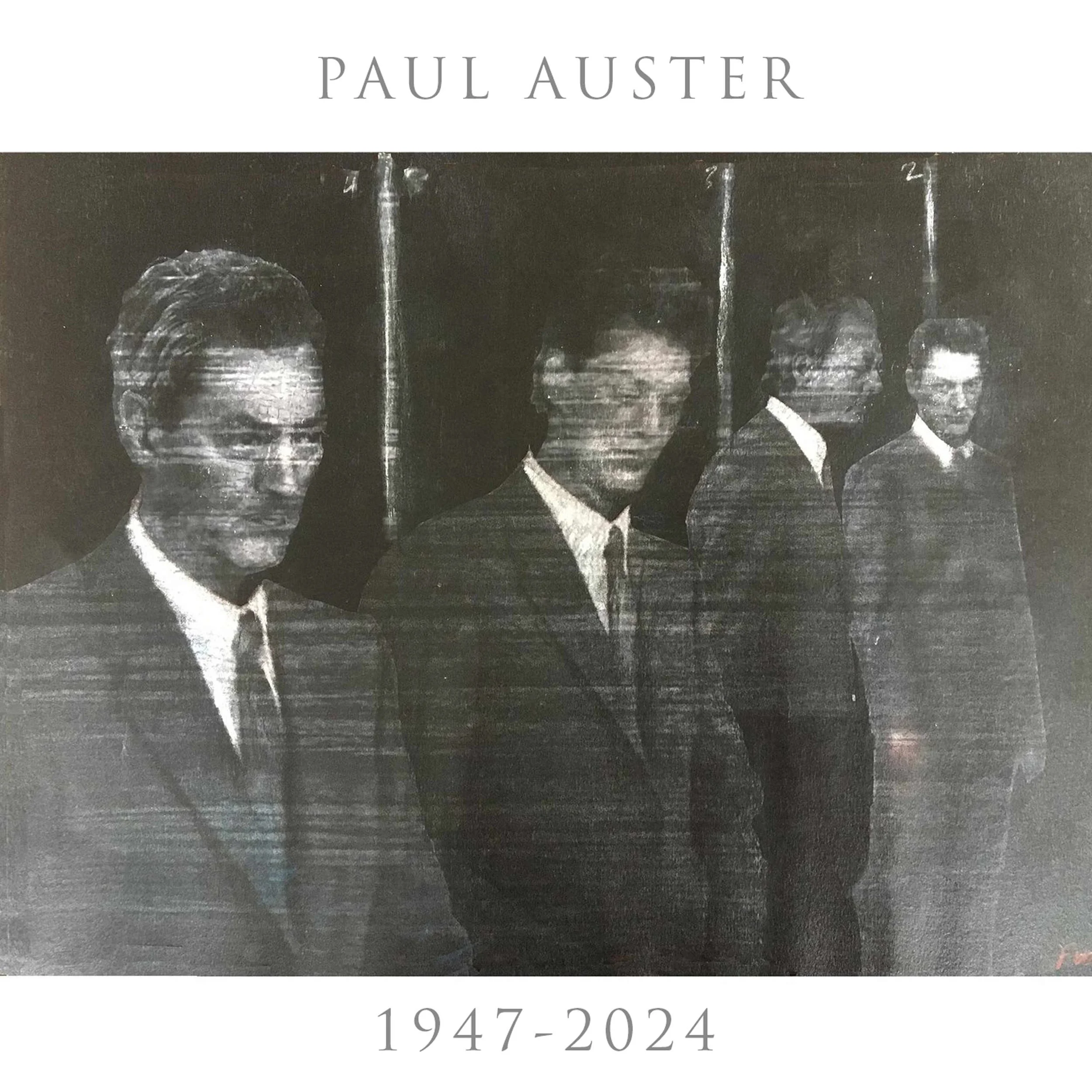On The Move: The Overheating Earth & the Uprooting of America with ABRAHM LUSTGARTEN
/Senior Reporter at ProPublica · Filmmaker · Author
On The Move: The Overheating Earth and the Uprooting of America
Living in California, I've just come to accept the unsettledness of this era we're moving into. And I think that's really how I see the future. You know, we're living in an era of disruption, and there are others I talk to and write about in the book who also muse about the possibility of a more nomadic future. That maybe home isn't a permanent place with deep roots but is a transient place with shallow roots or two places that you alternate between. In addition to a lot of other dramatic changes that the book is about, a change in our sense of home and our sense of place is a part of this story.



















